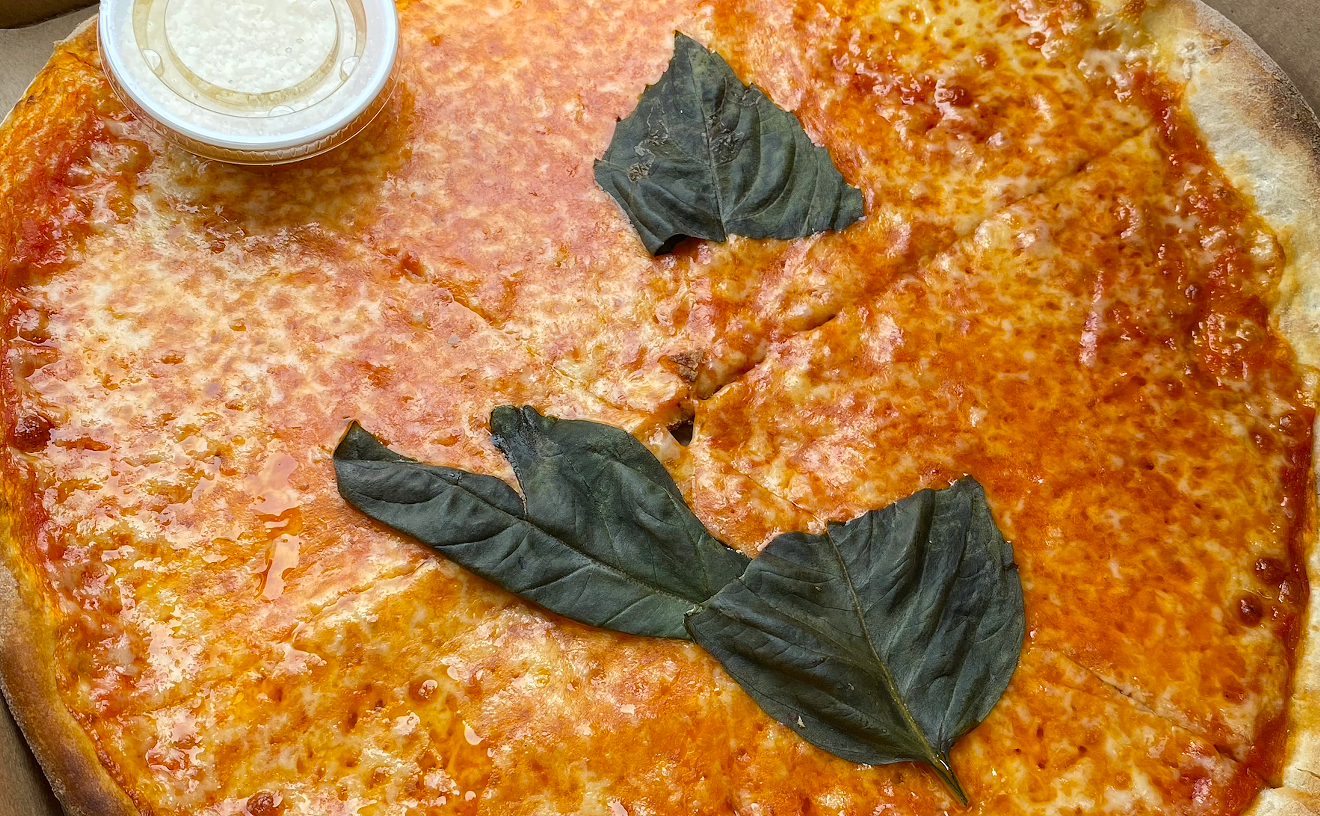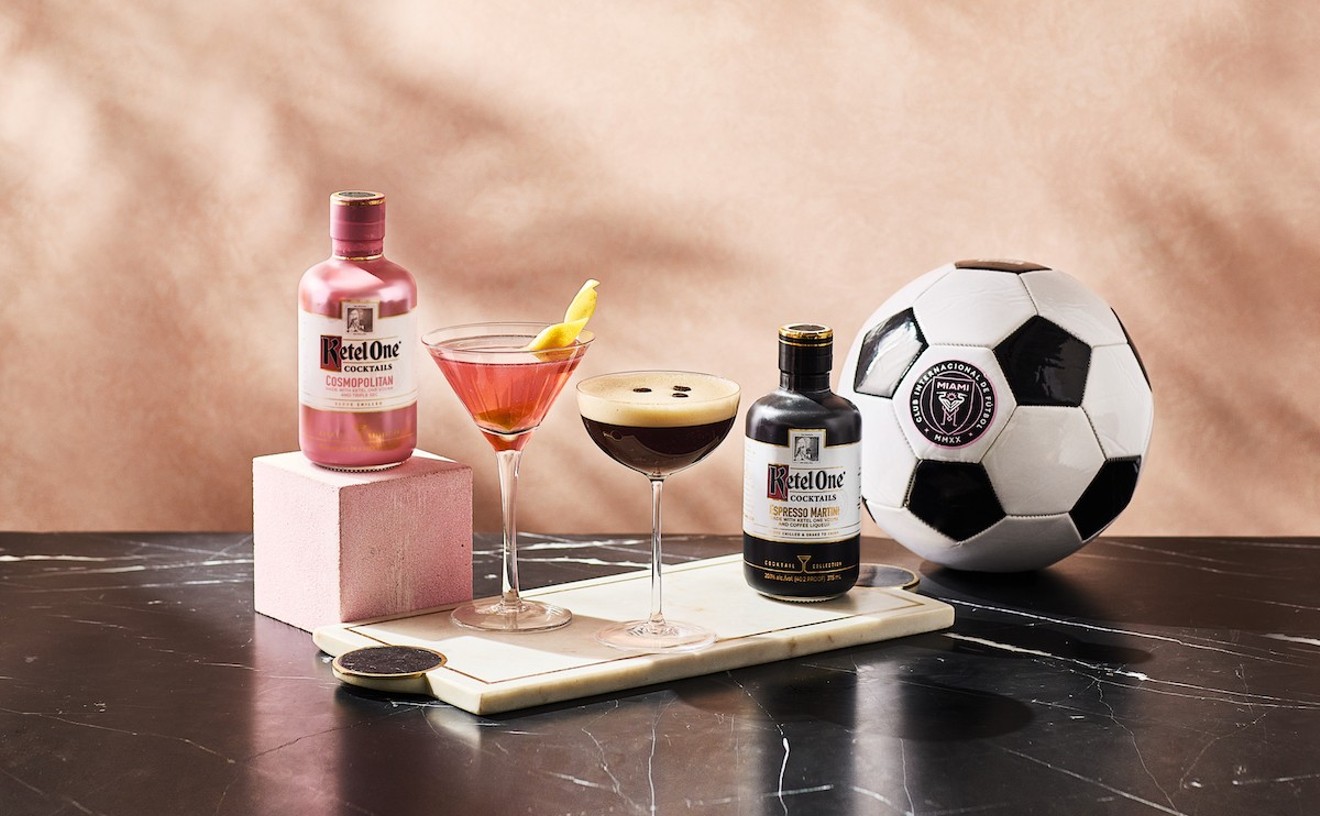For years, margarine was hailed as a health food -- a non-fatty substitute for butter.
But with the discovery of trans-fat, that notion has changed. Now that consumers have cottoned on to the fact that their once-beloved "healthy" alternative to the saturated fat in butter is actually worse for their health, food service companies have found ways to get rid of the despised ingredient found in hydrogenated fats. But what does that mean for your health? Is margarine back on the healthy option list again?
trans-fats. Partial hydrogenation has since been replaced by a process known as interesterification. According to nutritionist Andy Bellatti, "This process takes solid and liquid fats in vats, hydrogenates them, then breaks them down into their most basic form (triglycerides) and then manipulates or reconstructs them in order to achieve a desired consistency." This differs from partial hydrogenation in that interesterification takes whole saturated fats and blends them with unsaturated fats, rather than reconstructing the fat on a molecular level. This increases the amount of saturated fats (the ones responsible for high cholesterol), but gets rid of the ultra harmful trans fats. Confused? Probably time to dust off that old chemistry book.










